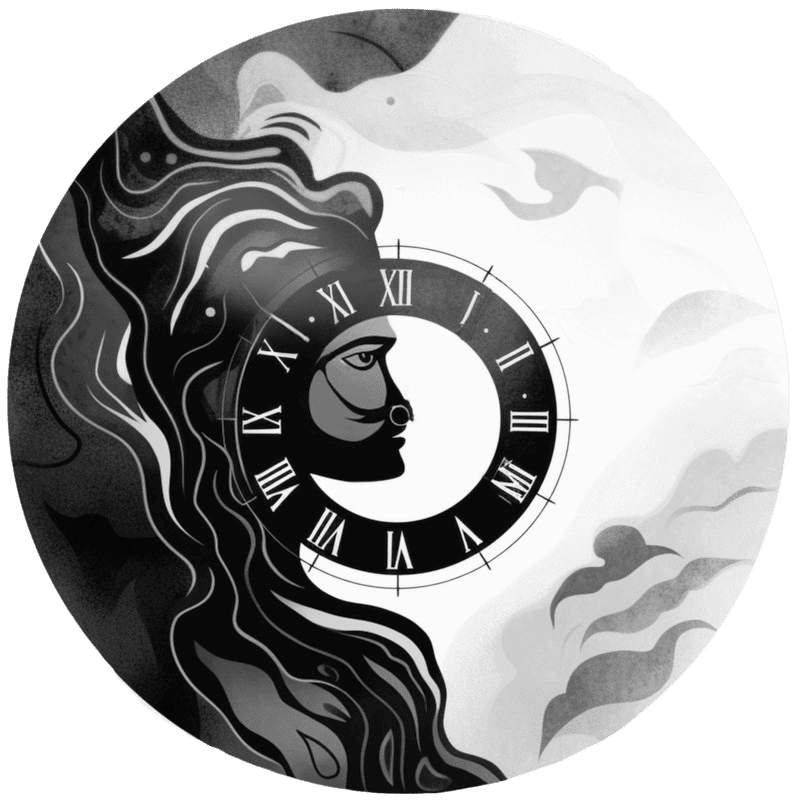The Path to Insight: Exploring Buddhist Perspectives on the Nature of Self and Consciousness
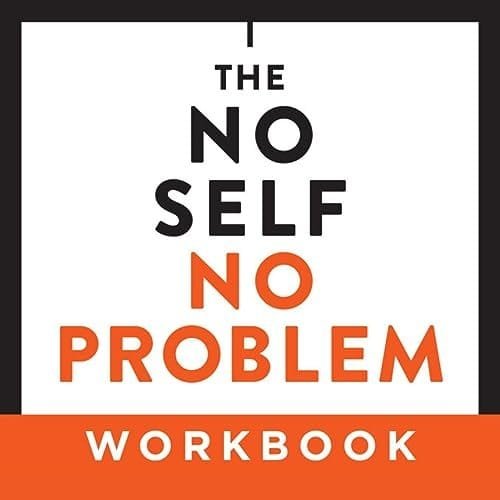
The question of who we are, the nature of self and consciousness, has captivated humanity across cultures and history. We grapple with enigmas of identity and existence in our search for meaning and purpose. Buddhism offers a profound framework for approaching these existential questions through its teachings on impermanence, the illusion of ego, and the possibility of awakening.
Investigating the Landscape of Consciousness
Buddhism points to our mistaken assumption of a fixed, permanent self as a root cause of angst. Neuroscience has also revealed the notion of an independent, unitary self to be lacking in evidence. Research shows decision-making and self-control to be distributed processes in our brains, challenging ideas of a singular controlling entity. Introspection into the depths of our inner world proves fruitless in uncovering a solid, enduring core that can be identified as the “self.”
Consciousness is luminous and illuminates our experience and knowing, meaning it perceives what appears. Buddhism proposes consciousness transcends physical form. While dominant theories in neuroscience view consciousness as emerging from complex neural activity, some scientists have challenged this notion, invoking phenomena like near-death experiences as clues that consciousness may exist independently.

While the relationship between consciousness and the physical brain continues to be debated, what is clear is that consciousness is fundamental to our experience. It enables us to engage with the world around us. Understanding its nature can offer insights into our existence.
The Illusory Nature of Self
Rather than a fixed entity, Buddhism regards the self as a dynamic process in flux, constructed in each moment through the medium of consciousness. As we move through various contexts, enacting roles like partner, parent, or professional, we project different facets of identity. The narrative self also shifts as we accumulate life experiences.
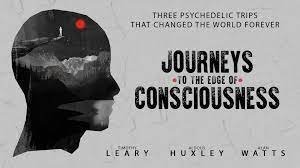
Neuroscience reveals no singular chief executive in our brain that controls decision-making. Instead, choices and behaviors arise from parallel, distributed processes combining external stimuli and past experiences. Our sense of being a willful agent obscures this reality.
Subjectively, consciousness feels continuous and controlled by a distinct self. However, introspection reveals consciousness as a sequence of mindful moments, giving the illusion of continuity. As we question when exactly we become conscious, the paradoxical nature of consciousness becomes evident.
Approaching enlightenment
By embracing the tenet of “no-self,” we can reduce suffering caused by false identification. Letting go of egocentric desires and attachment to achievements lifts a burden of expectations. Recognizing the ephemeral, empty nature of self provides freedom to engage with life fully.
Complete enlightenment emerges from sustained insight helped by practices facilitating deep concentration and equanimity. Meditation hones our capacity to abide in the present, observe experiences compassionately, and gain transcendent understanding.
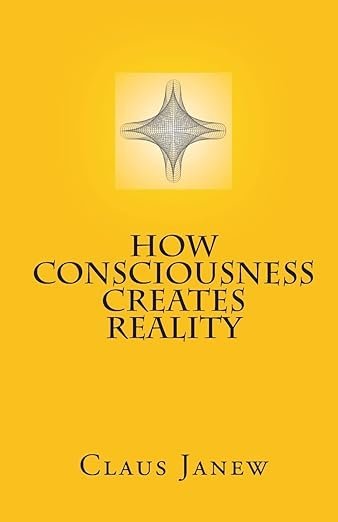
Initial visions of unity may fade as habitual perceptions of self return. To dissolve these patterns, meditation cultivates sensory clarity in tracking how selfhood arises and passes. Equanimity allows experiences to flow through awareness without suppression or identification. Insights penetrate when conditions are ripe.
A Process-Oriented Perspective
Viewing the self as an ever-changing process rather than a concrete entity brings fluidity and possibility. We can shape identity through intentional awareness, aligning values and actions with purpose. Mindfulness helps fully engage each moment. Freed from false identities, we reconnect with our boundless potential.
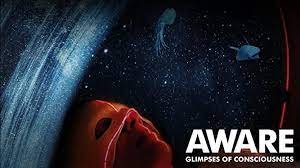
This process-oriented understanding of the self resonates with physics. As molecules in liquid water interact in flux, identity components combine in a dynamic dance. Being permeable, the process-self harmonizes personal growth with collective good.
The mystical traditions offer frameworks to understand consciousness and self, transcending our ego-driven assumptions. Buddhism’s teachings on impermanence and no-self provide keys to unlocking suffering. Practices like mindfulness meditation cultivate insights into the nature of self and existence. While the relationship between consciousness and the physical world remains mysterious, we can explore this territory to understand better what it means to be human and enact purpose in our lives. Ultimately, living authentically aligned with wisdom may be the highest purpose.
